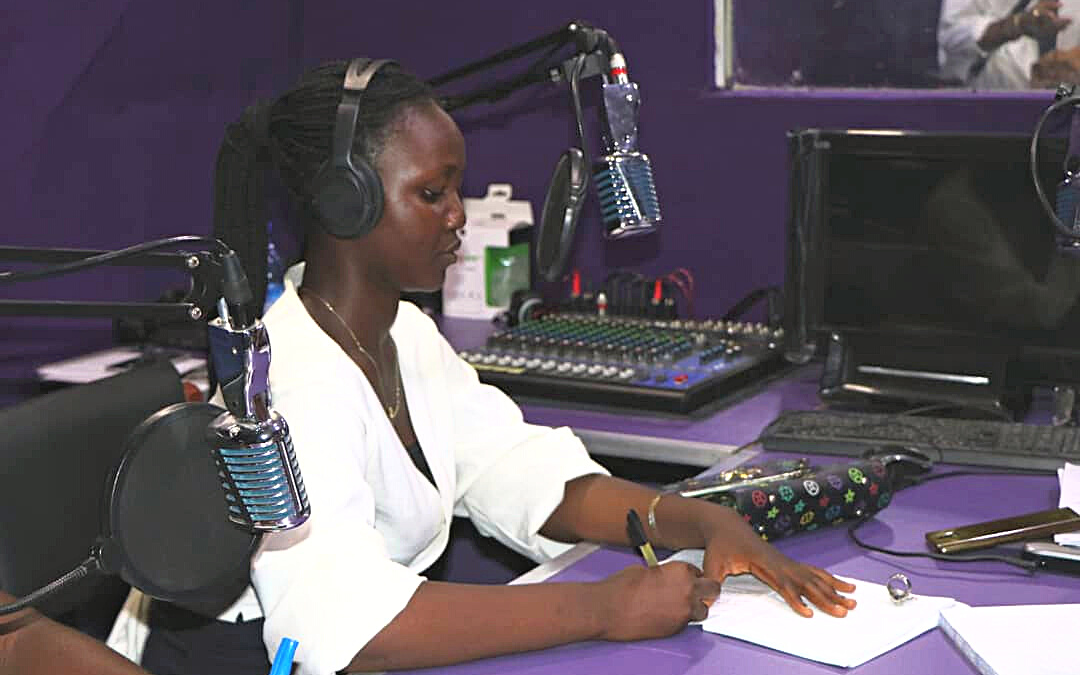Collecting M.E.A.L. Data
After learning how to design and plan a M.E.A.L. system, we can dive into the third phase of the M.E.A.L. cycle: data collection. Timely, high-quality data is in fact the foundation upon which your project team can measure progress, make decisions, and learn. Data Quality Standards Let's start by pointing…
Consulting services for your media project
SIGNIS Services Rome has worked with information and communication technologies for decades. Our expertise and that of our technicians have supported the successful implementation of radio and television stations, communication centers, and much more, in different cities and communities around the world. Having a team of professionals who take care…
Planning M.E.A.L. Activities: accountability and learning
In our journey exploring the M.E.A.L. System, we have understood how M.E.A.L. planning tools help projects meet the information needs of involved stakeholders, including project team members, community members, project participants, and donors. We looked at the tools that are useful for you to plan the monitoring and evaluation of…
Planning M.E.A.L. Activities
Thus far we have learned how the first phase of the M.E.A.L. system works, how to build the logic models of a project, how indicators, and how measurement methods are selected to be included in the logframe. In this module, we are going to analyze the second phase of the…
Building a good M.E.A.L logframe
We learned in the past module that the logframe must be developed in the first phase of the M.E.A.L. System and it is important because it contains elements that are missing in the Theory of Change (ToC) and the Results Framework (RF). How to get started The first thing to…
Designing the M.E.A.L. System Logic Model
After understanding what the M.E.A.L. system is all about on the first module, we will now examine the first of the five phases that compose the system: the design of the logic model, which is critical to explaining and understanding the type of change you want to achieve. A logic model…
Understanding the M.E.A.L. System
Welcome to our brand new series! This is the first sequence of articles that SIGNIS Services Rome has designed for you, a Catholic communication worker that wishes to discover and learn about the different aspects that make up the world of project design so you can make your project ideas…
Veritas University Abuja’s state-of-the-art communications center
Nigeria’s media landscape is expanding at a fast pace. Once dominated by print, radio, and television, it is experiencing a disruption by digital platforms and young people’s interest in gaining their own voice. In this western African country, home to more than 210 million people, the world of communication is…
Luntha TV: bringing wisdom to Malawians with the support of SSR
Malawi is located in the southeastern part of Africa. Covering over 120.000km2 and with a population of 20.5 million people, it is known as the “warm heart of Africa” because of how friendly its population is, something reflected in the latest interview given by Fr. David Niwagaba, director of Luntha…
Lorem ipsum dolor sit amet,
Lorem ipsum dolor sit amet, consectetur adipisicing elit
Lorem ipsum dolor sit amet









